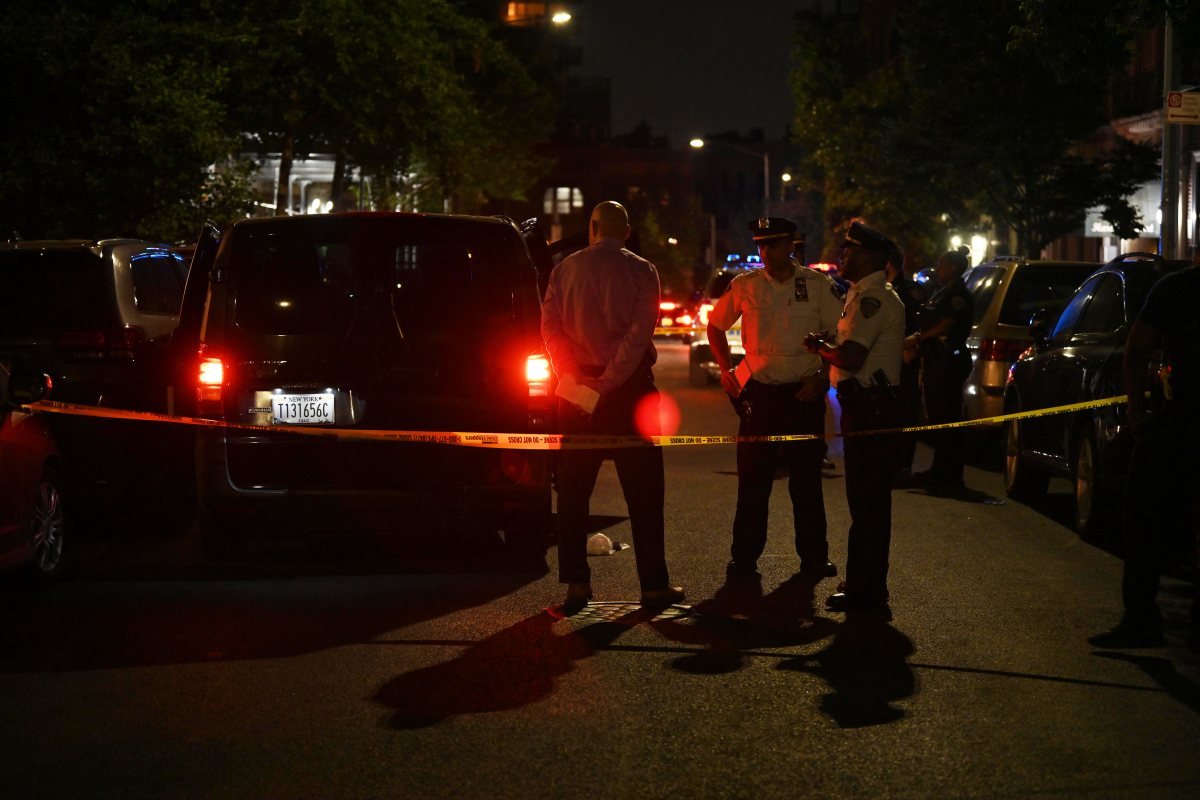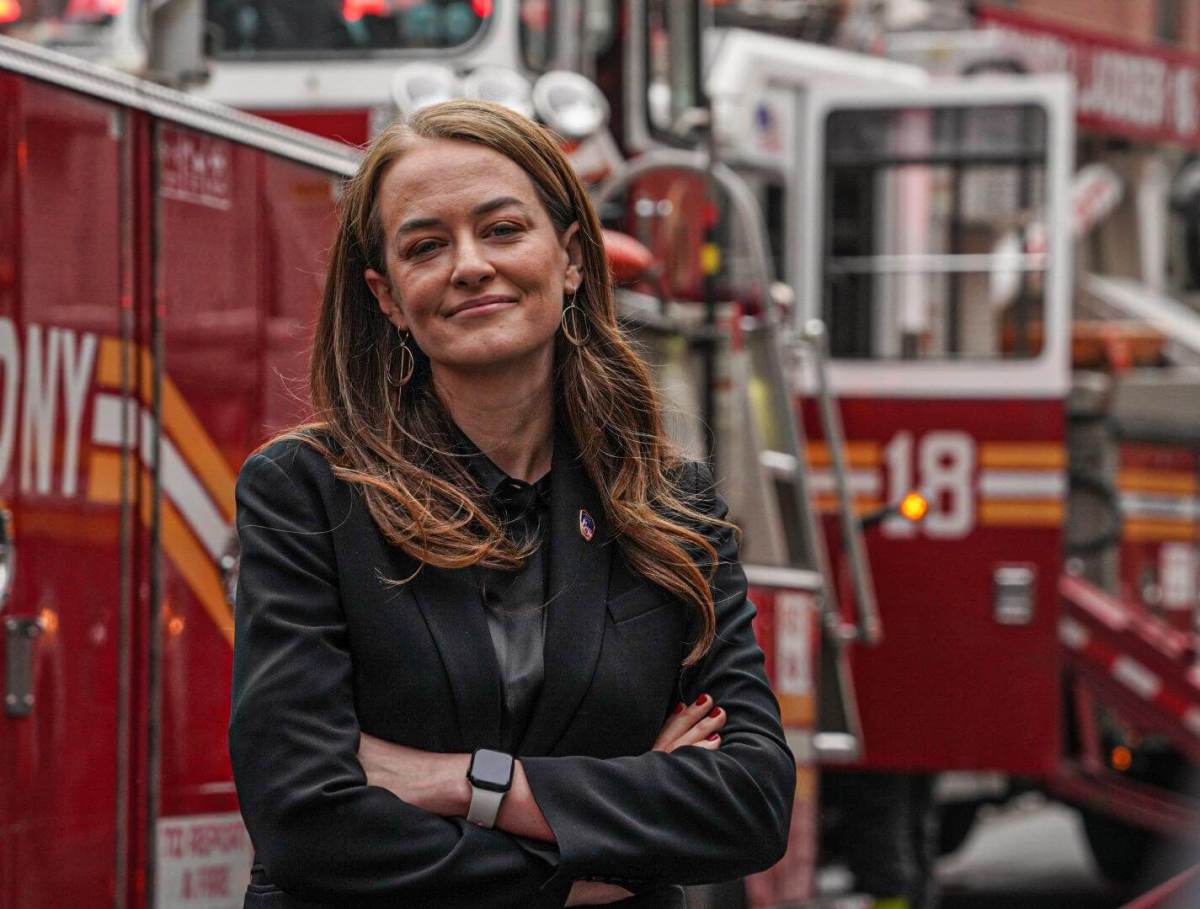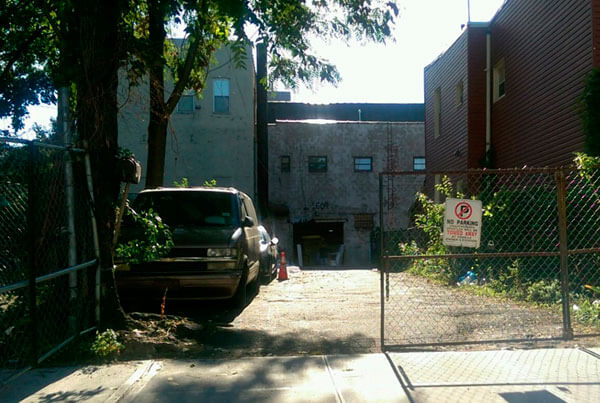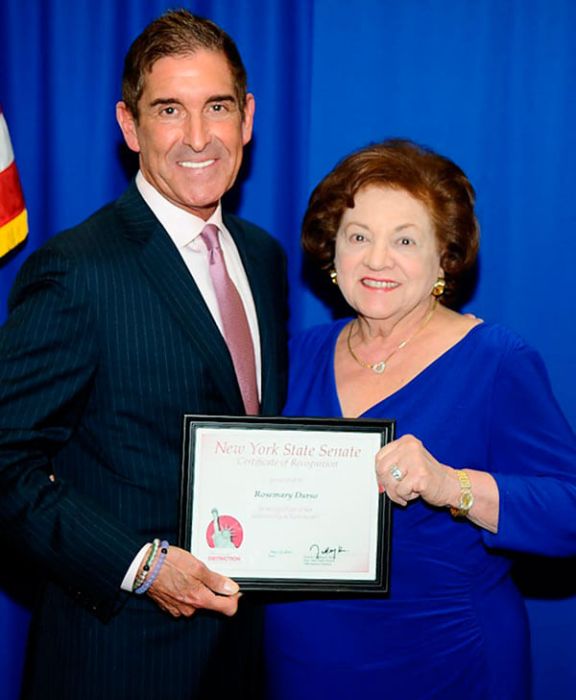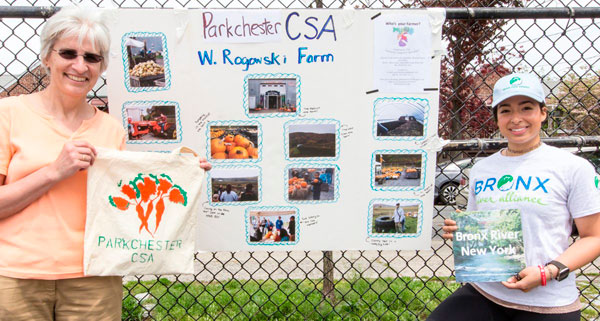Community Board 11 has the chance to allow for the placement of a group home already rejected by the state, but its members aren’t planning to.
Theresa Manuel, a social worker representing the United Cerebral Palsy Associations of New York State, Inc., doing business as Constructive Partnerships Unlimited, contacted CB11 on March 8, saying the organization wants to relocate a group home to 2436 Kingsland Ave.
“We need the home for four young men,” Manuel said in the letter. “They will have 24/7 staffing, including nurses and psychology services.”
The residents would be transferred from a state-run group home in the Bronx that is closing, according to Manuel.
What the organization didn’t mention is that the state Office for People with Developmental Disabilities rejected the site because the area is oversaturated with group homes, according to Lisa Pesante, the fiscal director for region 4 from the state agency.
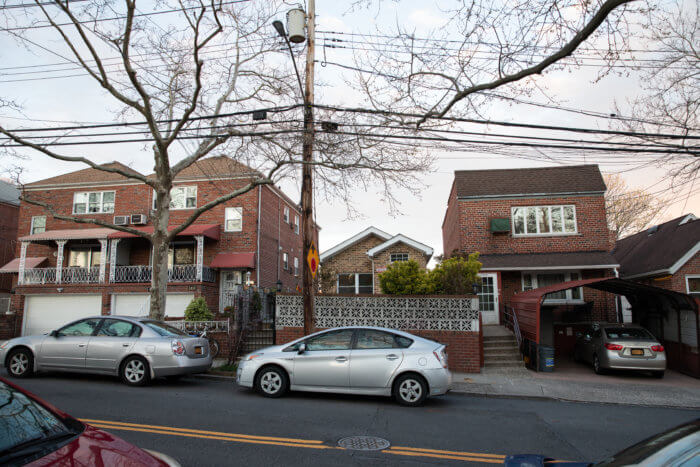
An area is considered oversaturated if there is another group home within .25 miles of the location, Pesante told the Bronx Times. She could not comment on where the nearby group home is.
Pesante instructed CB11 that the plan to relocate the home could only become a reality if the board approves it.
But at a Thursday, April 14 Community Board 11 Leadership Committee meeting, board members informed residents of the state rejection and assured them the board wasn’t in favor of the project.
“Obviously with all the conversation here, the community board is not going to give them a waiver, so we send them a letter of objection or we do not approve, and that should kill the project,” board member John Johnson said.
Board member Sandra Unger said it would be a “no brainer” to disallow the home.
“I don’t see why we would even discuss this,” Unger said.
Yet Oral Selkridge, Board Sergeant at Arms, said that even though it’s a “moot point,” the board should hear from the public.
Members voiced their opposition to a group home on the Kingsland Avenue residential block, citing concerns about buses blocking driveways and the targeted building being inadequate in size and condition.
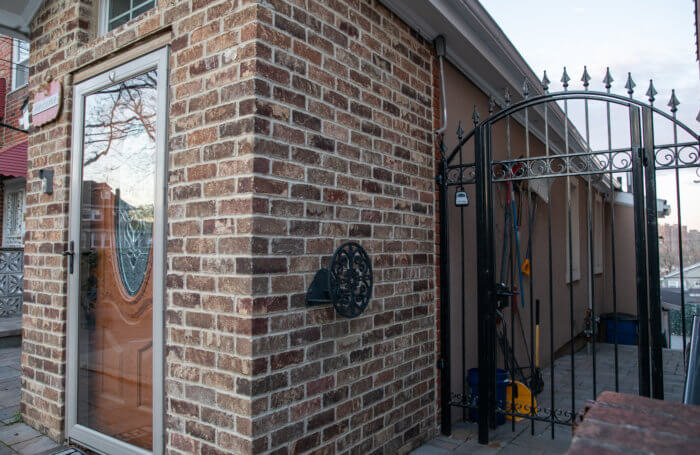
Resident Jonmichael De La Rosa, who spoke at the meeting about his experiences as a police officer, said that while he is “not saying everyone with a disability has aggression behavior,” he believes they do the “majority of the time,” because “they’re aggravated, they can’t express themselves correctly, or whatever the situation is.” He said his children play outside with neighbors, so this behavior would be a concern.
Jeremy Willinger, the chief communications officer for Constructive Partnerships Unlimited, said the organization started with a focus on cerebral palsy but grew to support people with various intellectual and developmental disabilities.
“In the proposed Bronx residence, as in our other sites, the supported individuals would consist of medically frail adults who require either day or residential-based physical therapy, education, and other services,” he said in a statement to the Bronx Times. “All are people we help lead fulfilling lives.”
De La Rosa also claimed that many people with disabilities do not get arrested but rather are sent to the hospital.
“Being a police officer, I know I dealt with a lot of people that had disabilities and usually when they commit crimes, they’re never charged due to their disability,” he said at the meeting. “So there is no way of us knowing whether they have any behavior issues in terms of aggression toward children, toward other adults, so usually when we respond to it, let’s say a person with a disability at a group home injures someone else, they just get sent to the hospital for evaluation, they never actually get charged with a crime.”
The NYPD told the Bronx Times De La Rosa resigned from the NYPD in 2021. According to city payroll data, De La Rosa had worked for the department since 2012.
As for arresting people with developmental and intellectual disabilities, the NYPD spokesperson directed the Bronx Times to the Law of Arrest patrol guide section, which outlines instructions for arresting people with various disabilities, but points to the Prisoners Requiring Medical/Psychiatric Treatment section for an “emotionally disturbed prisoner, who has attempted suicide, is extremely violent, or exhibits other irrational behavior.” While that section instructs arrestees to get medical attention, it still references the individuals as people being arrested.
An officer named Jonmichael Delarosa was named as a defendant in a 2016 lawsuit, which was dismissed in 2018, that accused him of throwing a woman onto the ground that he arrested at a demonstration in 2015 and making false accusations about her.
The NYPD did not confirm nor deny whether this was the same person, but there is no one named Jonmichael Delarosa in payroll data, only De La Rosa.
After community members expressed concern about being in the loop regarding proposals for their neighborhood, Selkridge emphasized that the community board fights for district residents, pointing to a recent men’s homeless shelter proposal that the city rescinded plans for in the district.
Board member Bernadette Ferrara pointed out that there are still two other proposed shelters “that we have to work on.”
“We’ll fight that also then,” Selkridge said.
The community district currently has no homeless shelters.
This article was updated at 1:50 p.m. on May 2.
Reach Aliya Schneider at aschneider@schnepsmedia.com or (718) 260-4597. For more coverage, follow us on Twitter, Facebook and Instagram @bronxtimes.





